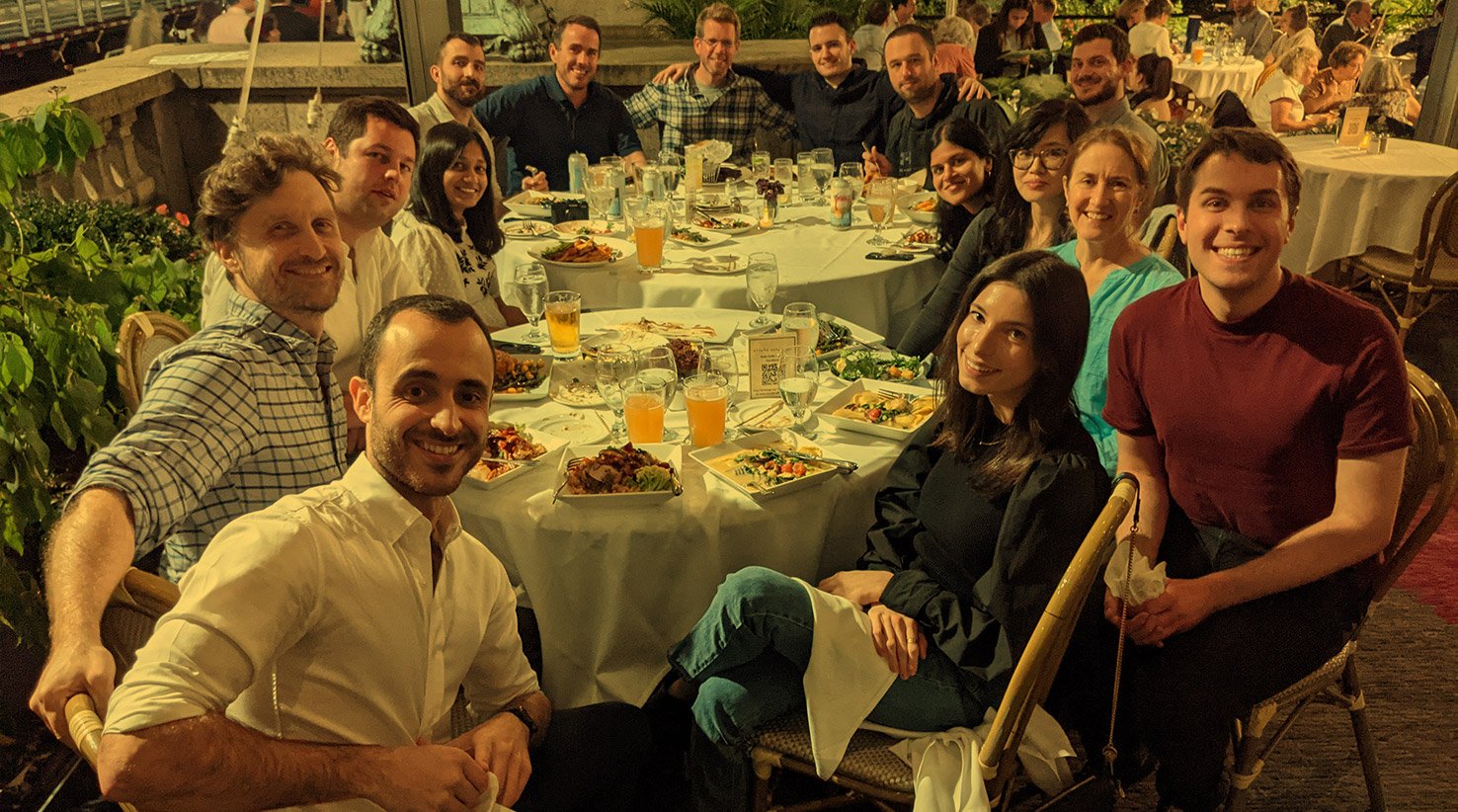The Legacy of a Measurement Business is the Incentives it Creates
The most basic of human motivators, the dopamine cycle, is driven by rewards for achieving outcomes. Similarly, the cornerstone of the free market — the notion that one will get paid more for performing better — is based on the same principle of rewarding outcomes. The gamification of everything from exercise to education further illustrates the power of outcome-based rewards.
But outcomes only count if they are validated—your brain needs confirmation that an outcome was achieved, and the buyer of your product requires external validation of its quality. This is the job of measurement.

It’s measurement’s job to ensure that outcomes are authentic. Precise measurement fosters a fair and efficient market that enjoys trust between counterparties and supports products that reduce risk. Lax measurement leads to deteriorating quality and an inefficient market as sellers test the limits of acceptability and buyers lose trust.
The legacy of measurement is the incentive it creates and the market it shapes.
Digital media is a case study in lax measurement: Metrics like viewability and video completion have led to a nearly unlimited amount of impressions of unknown quality.
And markets with asymmetrical quality data can quickly become lemon markets.
As placement quality erodes, value to advertisers decreases. They, in turn, bid less. In response, publishers either exit the market or further dilute impressions to satisfy the demand for cheaper inventory. And the process repeats until only lemons remain. The saving grace for advertising is that most sellers didn’t exit the market; they diluted the quality of their product — something that’s much easier to undo.
Rebalancing this negative feedback loop gets more important as all media becomes digital and gains the malleability of the web (e.g., unlimited impressions).
While some blame advertisers for demanding unrealistic CPM reductions or publishers for creating tiny placements in cluttered environments, the actual responsibility for the glut of opaque media and market dysfunction lies with companies selling measurement. If a measurement vendor deems an impression “authentic” or “high-quality,” buyers and sellers expect them to employ well-thought-out and transparent metrics that create positive incentives.
This was our mindset when we set out to create an attention-based measurement product. We aimed for a metric that was precise enough for buyers to trust and durable enough to prevent low-quality sellers from gaming.
To make our metric, AU, we built a series of machine learning algorithms that can easily detect low-quality placements by indexing on actual attention and business outcomes. Great care is taken to ensure that AU creates predictable incentives and outcomes.
For the past three years, we’ve worked with dozens of brands like the NBA and Anheuser Bush to measure the quality of billions of dollars of media. During this time, we consistently proved that optimizing campaigns to AU outperformed viewability and video completion rate.
Today, we’re announcing a $7M seed round led by Human Ventures to help us grow our team and fulfill our vision of AU everywhere. We want to make AU available on every media planning and buying platform, measuring as much of an advertiser’s buy as possible. Later this year, we’ll expand our presence in Los Angeles, Chicago, and London.

It was an obvious choice to work with Human Ventures. Their focus on responsible products echoes our own ethic of thoughtful metrics, and Joe Marchese is probably the most experienced operator in the attention economy.
This funding builds on our angel round, which included media leaders like Irwin Gotlieb, Lynda Clarizio, Gayle Fuguitt, Michael Kassan, Jonah Goodhart, and Dave Downey, bringing our total capital raised to $9.5M.
At Adelaide, the legacy we want to leave is a fair and efficient advertising market that supports the monetization of news and other content that is essential in a democracy. We hope that AU will play a part in resetting the incentives in advertising towards quality over quantity.
